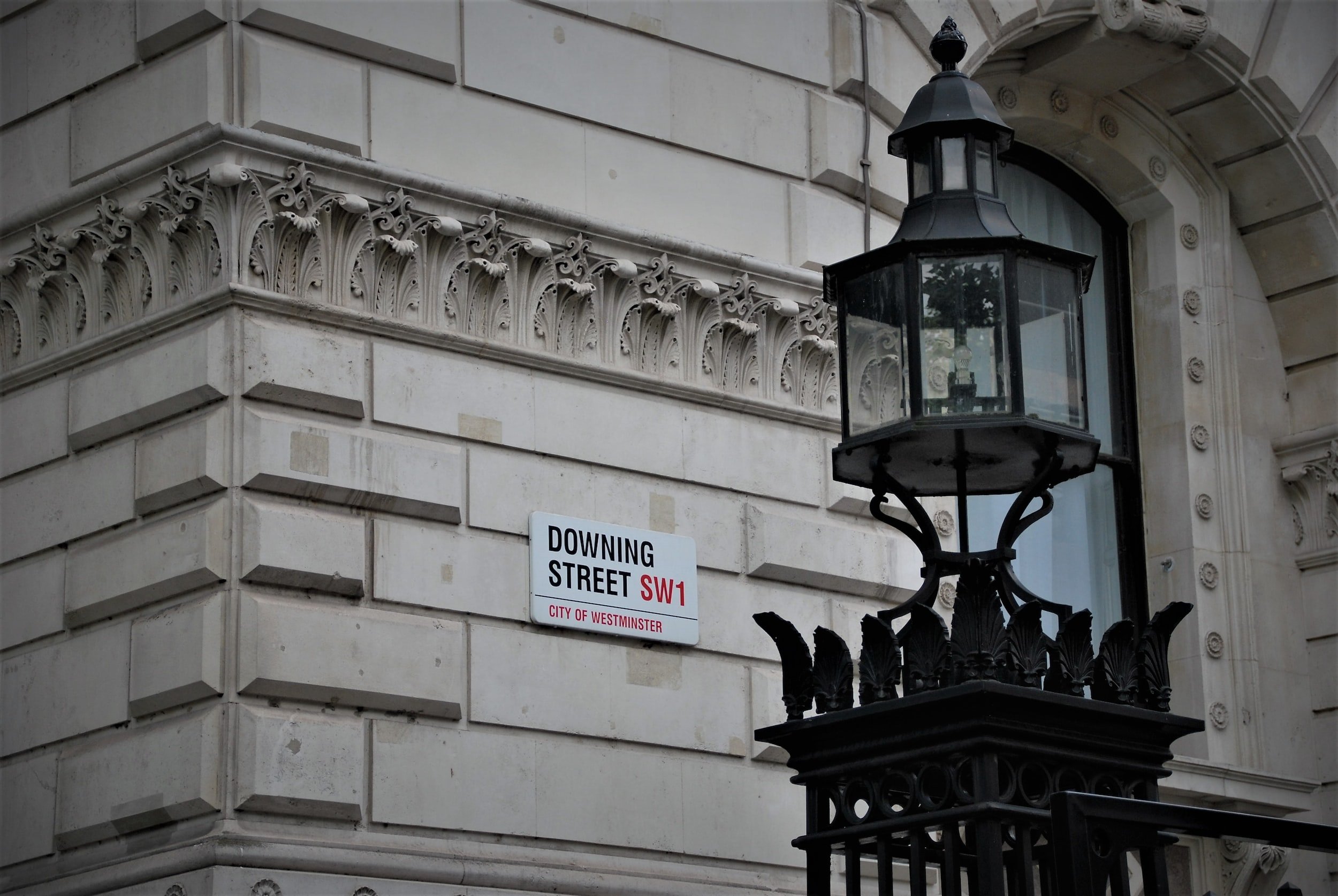Cameron and Clegg
They inherited some significant problems, but created a sea of new ones.
It can sometimes be difficult to recall the Cameron-Clegg fifteen minutes of fame. The adventures into the Middle East and Central Asia of their predecessors, as well as the 2008 financial crisis, mean New Labour will not be forgotten by history. Those who succeeded the Coalition have Brexit and Covid-19 to ensure they are permanently scolded into our retinas as well.
But, whilst 2010-15 seems to have been relatively quiet by comparison, do not be fooled. The Con-Lib coalition left us with as much of a mess as they inherited, or Johnson and co will pass on. And the criticisms of that government go way beyond the usual distaste for their promise of an in-out referendum on EU membership, anti-austerity campaigning, and the slamming the junior partner received for the tuition fees increase.
At the apex of their incompetence was foreign policy. David Cameron was right to condemn the “appalling and unacceptable” violence used by Gaddafi’s forces in Libya against protestors. But he was catastrophically wrong to lobby for a no-fly zone and use that intervention when it was granted by the UN to secure regime change. The threat to civilians had been overstated and the extent to which Islamists were embedded within the anti-Gaddafi opposition appeared to go unnoticed by Cameron- it was an unforced error of some magnitude.
Libya has since become a lawless chaos, with no governing body holding any serious authority, or a functioning economy to speak of. Refugees and others headed straight towards the Mediterranean and ISIS gained a foothold in the country. Yet this did not prevent Cameron from becoming an enthusiastic advocate for the bombing of Syria, only to be blocked by parliament.
Not all foreign governments were the target of Cameron’s Blairism though. Ties with Saudi Arabia were deepened and broadened, boosting the British arms industry, and quelling the parts of the Arab Spring we ignored. The former PM still likes to promote his foreign policy as virtuous, but he is open to the charge of hypocrisy as well as incompetence.
This vision of Cameron as a noble individual of decent values does not seem to hold up to examination. His proximity to News International during the phone hacking scandal and both his personal and his MPs entanglement with some colossal and dubious expense claims are worth recollecting. He was as keen as anyone who knew a cabinet member in 2020 to get hold of some Covid money for his friends, by lobbying the government to bend the rules.
As we face a discontentedly cold winter, longing for some sort of energy security, it is important that we do not forget his Deputy, Nick Clegg, and their Energy Secretary, Ed Davey. Clegg, who now sells something called the Metaverse for a living, is on record saying in 2010 that nuclear energy was pointless as it would not be ready for a decade or so. How we could do with more of it now. Ed Davey, who has risen to become Lib Dem leader, congratulates himself for his part in stopping fracking, which again prevents us from stimulating domestic energy supply and bringing down prices.
But the list of missteps is virtually endless. Border controls were weakened by the Home Office, led at the time by future PM Theresa May. The help-to-buy policy was launched, whilst precisely nothing was done to reform house building, thereby pumping money into demand with a mortgage subsidy, without improving supply by building more houses. They left us with the eye-watering bills for their white elephants: HS2 and Heathrow expansion, and blighted us with the so-called Nudge Unit. This was a government worth remembering for its faults. It inherited some significant problems, but it created a sea of new ones. They still reverberate and set the scene nicely when trying to understand the present economic crisis, the beginning of which we are only just becoming acquainted with.

